Lilac Insights


Cytogenetic is the study to recognize and identify chromosome abnormalities by examining chromosomes under a microscope.
During a chromosome analysis the 46 chromosomes are aligned into pairs based on physical characteristics (location of centromere, banding pattern). When paired, differences in the homologues are identified to determine the presence of chromosomal aberrations.
Every pregnancy carts a small risk of having a chromosomal or genetic condition. The rudimentary code of prenatal screening is to offer a safe, accessible test to all expecting women and consequently identifying those women at increased risk of having a baby affected by a chromosomal or genetic condition. These women are then followed up, offered diagnostic testing followed by Genetic Counseling at Lilac Insights. Only an invasive test, either amniocentesis or chorionic villus sampling (CVS), can conclusively establish a genetic or chromosomal disorder in the pregnancy.
Conventional Cytogenetics (Chromosomal Analysis / Karyotyping)
Test Description: This test allows to confirm if the patient has any form of chromosomal variation using sample type amniotic fluid (AF), chorionic villi, or peripheral/ venous blood.
Molecular Cytogenetics (FISH – Fluorescence insitu hybridization)
Test Description: This test allows for rapid screening of chromosomal aneuploidies for five major chromosomes -chromosome 13, 18, 21 and sex chromosomes.
Test Description: This test allows to confirm the deletions which are unable to detect using conventional karyotyping.
*All protocols are based on ACMG (American College of Medical Genetics 2010) and reported as per ISCN (International Society for Cytogenetics Nomenclature 2013)
If you are pregnant, you may need to get your fetus/unborn baby a chromosome analysis if you have certain risk factors which are responsible for chromosomal disorders:
Chorionic villi sampling should be done between 12-14 weeks of pregnancy; Amniocentesis should be done between 16 to 18 weeks.
If the results are normal, it only rules out the possibility that the fetus does not have chromosomal abnormality means you or your child has chromosomes which are 46 in count and has the proper size, shape, or structure of the chromosomes.
If the test result is Abnormal, it shows that the fetus has the disorder (as per the reported chromosomal finding). Then connect with your gynecologist/obstetrician or genetic counsellor for explanation over the results and guidance about options.
A specialist in the reported disorder can help you understand the life expectancy of the disorder, whether treatment is available, and the care that your child will need.
Lilac Insights results are accurate and reliable. We offer Clients/Customer/Patients a complete solution rather than sharing a report.
Providing a detailed interpretation and medical advices from our scientific experts and genetic counselors at each and every step of decision making. We have a team of highly qualified and experienced scientists and clinicians who make sure the test result data are valid and interpreted correctly.